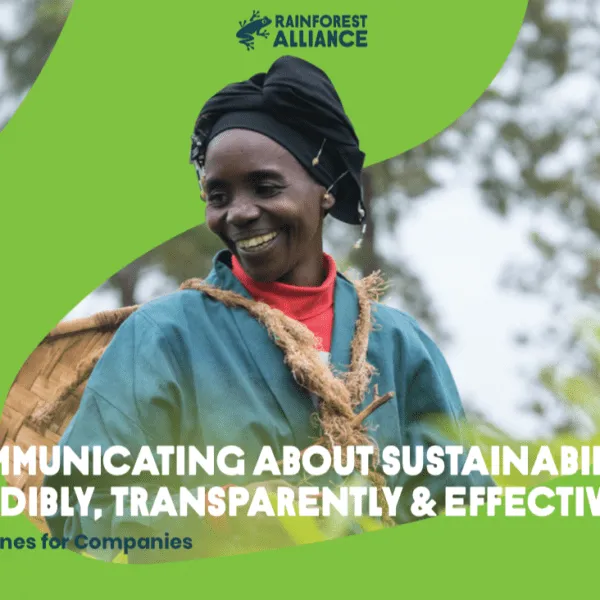Sustainability is more than a buzzword; it’s a business imperative. The world is facing environmental and social crises and consumers are demanding that companies take responsibility and action. For companies to stay competitive and relevant, they need to commit to sustainability.
How does a strong sustainability strategy provide value to companies? Read more to find out.
Consumers value sustainability and expect businesses to care, too
Consumers—and company stakeholders—care about people and the environment. As consumers become increasingly aware of the impact of their everyday choices, they are looking for brands and products that do good for people and the planet.
More than 90 percent of global consumers surveyed say they want companies to address social and environmental issues. In addition, 73 percent of global consumers believe that a company should take specific actions to improve the economic and social conditions in the communities where it operates. This amount is even higher in developing countries like India (81 percent), China (80 percent), and Brazil (78 percent).
Sustainability sells
Businesses who are committed to sustainability see great rewards. Benefits include cost savings, lower risks, supply chain security, access to new markets, customer loyalty, and overall enhanced brand value.
A wide-variety of research demonstrates the positive business impact of making strong environmental or social commitments:
- 98 percent of businesses who used sustainability standards reported sales and marketing related benefits. These include an improved reputation (60 percent), improved profitability (53 percent), lower costs (30 percent), and increased production (30 percent).
- From 2013-2018, sales of products that had a visible sustainability claim grew 5.6 times faster than those that did not.
- In 2017-2018, sales of chocolate with a visible sustainability claim grew 11 percent faster than the overall category.
- From 2017-2018, sales of coffee products with visible social or environmental claims grew by 25 percent. The overall coffee category declined by 1 percent during that same period.
Certification is a part of the solution
Certification is a powerful way for companies to meet and showcase their sustainability commitments. With certification, farms and foresters meet strict standards (such as the Rainforest Alliance’s Sustainable Agriculture Standard). They undergo regular audits to confirm they are meeting these standards. This is one of the most effective ways companies can make a positive direct social, environmental, and economic impact.
Embedded in the certification process are (data) tools, training, and a wealth of assets, such as new technologies, to help farmers and achieve and maintain a higher level of farm and forest management and productivity.
As numerous independent studies confirm, certification results in positive impacts for people and nature in a transparent, scalable way. And those benefits lead to better crops, access to secure supply and better contract terms for businesses. In other words, when business values what matters, we all stand to win.
Find out how Rainforest Alliance certification will benefit your business.




